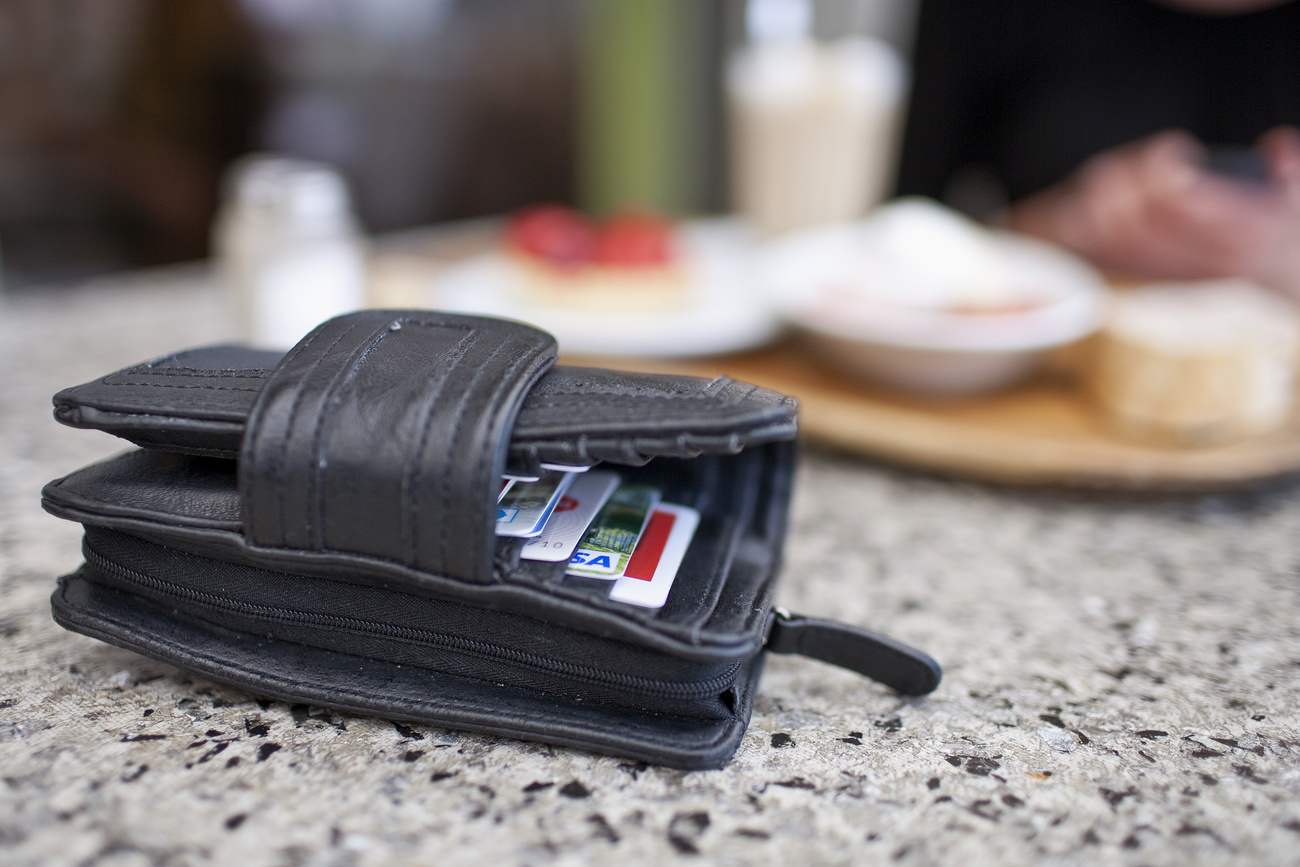
‘Switching banks stimulates competition’: Swiss central bank head

More savers should switch banks to boost interest rate competition, the head of the Swiss National Bank (SNB) President suggests in a newspaper interview.
“If customers switch to another bank that pays more interest, this will force their previous bank to respond,” Thomas Jordan told the NZZ am Sonntag newspaper on Sunday.
+ Will Swiss mortgage rates rise further?
Jordan called on customers to shoulder more self-responsibility as this behaviour could contribute to better functioning competitive market.
While many banks have made large profits, interest rates for savers have only risen hesitantly recently. The key interest rate is 1.75%, but a normal savings rate is far below this.
Jordan also showed understanding for the banks, which would first have to normalise their margins after the phase with negative interest rates. “I would remind you that interest rates for savers were previously mostly zero despite the negative base rate.”
Once the normalisation of margins is complete, competition between banks should ensure that interest rates on customer deposits rise again. “This process has already begun.”

More
Cost of living: many Swiss expect less money in their wallets in 2023
Regard the SNB’s profit distributions to the public sector, it is quite possible, according to Jordan, that the Confederation and cantons will have to do without them for a longer period of time. “The Confederation and cantons will only receive money again when the equity capital reaches the level we are aiming for.” In order for profit distributions to be possible again, the distribution reserve must rise from the current minus CHF39 billion to well above zero.
The SNB generated very high profits for several years prior to 2022 and was also able to significantly increase distributions, says Jordan. “However, there may well come a period in which distributions are not possible.” Internationally, many central banks are in a similar situation, some even have negative equity.
Jordan emphasised that the SNB’s credibility and reputation depended on its ability to maintain price stability. “In an international comparison, we are doing very well here; the franc is the most stable currency in the world.” Price stability is the National Bank’s main contribution to Switzerland’s prosperity. “The distribution of profits is a by-product.”
This news story has been written and carefully fact-checked by an external editorial team. At SWI swissinfo.ch we select the most relevant news for an international audience and use automatic translation tools such as DeepL to translate it into English. Providing you with automatically translated news gives us the time to write more in-depth articles. You can find them here.
If you want to know more about how we work, have a look here, and if you have feedback on this news story please write to english@swissinfo.ch.

In compliance with the JTI standards
More: SWI swissinfo.ch certified by the Journalism Trust Initiative




























You can find an overview of ongoing debates with our journalists here . Please join us!
If you want to start a conversation about a topic raised in this article or want to report factual errors, email us at english@swissinfo.ch.